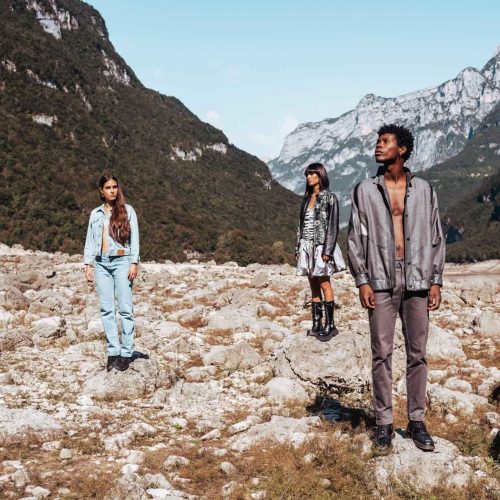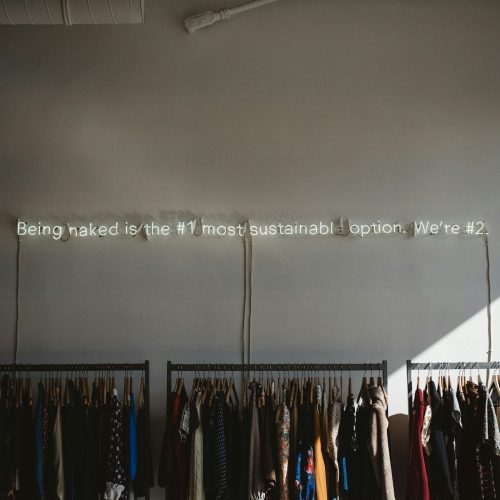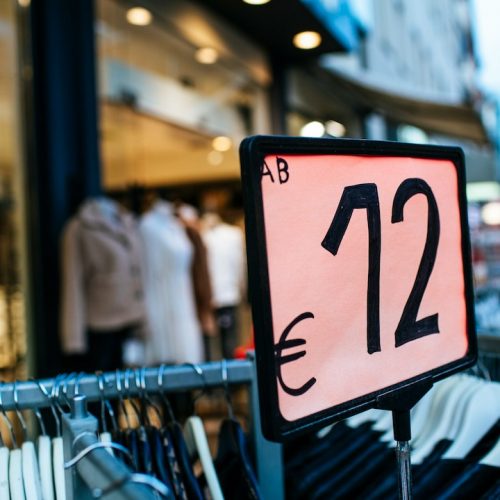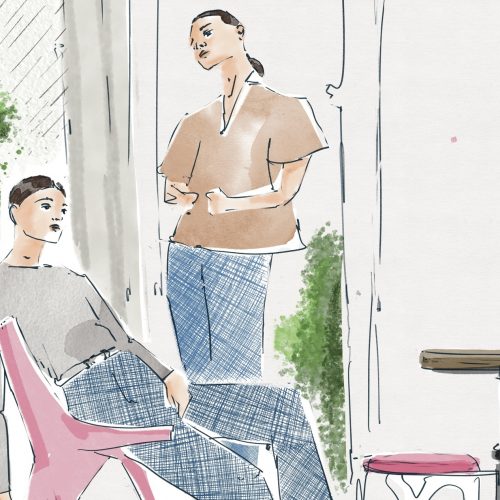Eco Fashion Week Australia, getting bigger
The second edition of Eco Fashion Week Australia (EFWA) will expand to two states in November, 2018. The week-long events will feature local and international designers who practise sustainable, local, and ethical production, either by recycling or upcycling, or by using organic and natural materials which do not leave a carbon footprint. The date will be in Port Douglas (Queensland) from November 4-10, and Perth (Western Australia) from November 15-21. Luxiders Magazine will be there.
With fashion as one of the world’s largest pollutants, not to mention one of the least ethical trades, “What are you wearing?” is not just a question reserved for the red carpet. Eco Fashion Week Australia (EFWA) brings awareness to fabrics and how our clothes are made. It makes us think about where our clothing ends up after we’ve worn it – sadly, sometimes only once.
Eco Fashion Week Australia has put out a call for designers who create with organic, recycled or upcycled fabrics, or use or create traditional hand-crafted textiles; use environmentally friendly fabrics (organic cotton, wool, alpaca, hemp, bamboo, silk ); show evidence of zero waste in their collection; use locally produced products. Strictly no fur and no animal parts are allowed. The first Edition -held during November 2017- was a success. Now, organizators announce the second annual Eco Fashion Week Australia will expand to two states: Port Douglas (Queensland) from November 4-10, and Perth (Western Australia) from November 15-21.
“We are still on a high from the success of last year’s event, but thanks to forward-thinking sponsors we’re now able to expand our audience and provide more options for local designers. We’re excited about our new partnerships and the change we can effect,” says Zuhal Kuvan-Mills, founder of Eco Fashion Week Australia, eco fashion designer and visual artist of the organic Haute Couture fashion label Green Embassy.
The events will connect minds and inspire designers, communities, and nations to move toward slow fashion which is ethical and ecologically sustaining for our planet.
“Our designers use earth-friendly materials, some highlight the preservation of textile arts like batiking, and traditional techniques in fabric making and dying. Our designers practise sustainable, ethical production, either by recycling or upcycling, or use organic and natural materials which do not leave a carbon footprint.”
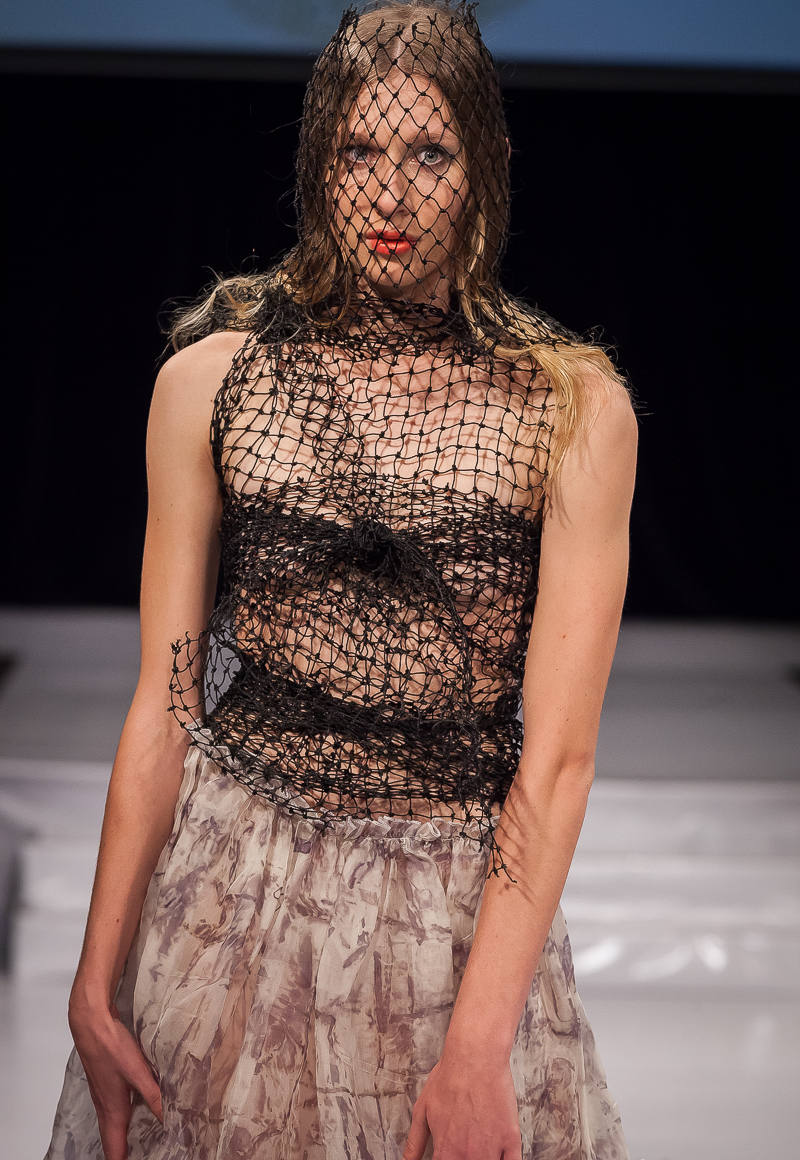
Green Embassy
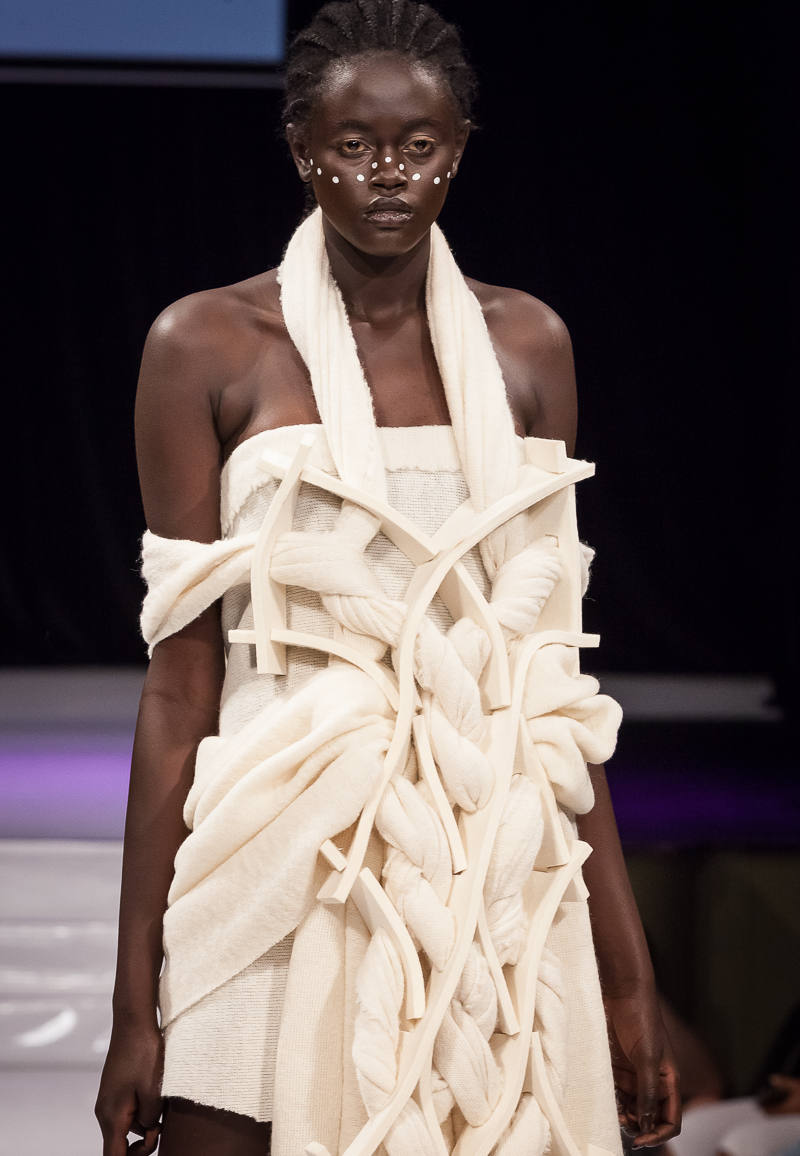
Studio Membrane
Sustainable Future in Australia
Researching about Australians’ fashion consumtion, we may say Australians are the second-largest consumers of new textiles after north Americans, who annually buy 37 kg. each, and ahead of Western Europeans, at 22 kg., while consumption in Africa, the Middle East and India averages just 5 kg. per person.
If average global annual consumption of textiles has doubled from 7 to 13 kg per person in two decades, in Australia is twice that at 27 kg. per person, “and the majority of new clothing is now made from synthetic fibres derived from petroleum”- says sustainability consultant Jane Milburn.
“Studio Membrane created his beautiful avant garde collection with zero waste and no cutting or sawing. Instead, the brand used a Japanese knotting technique”.
Kuvan-Mills, founder of EFWA, seeks to prove that eco fashion can be just as stylish as its fast fashion counterpart, while remaining socially and environmentally responsible. “Designers who have a passion for creating a world where garments have a clean and positive story are those who will be seen at EFWA” –she says. Last year’s festival, held in Fremantle, was packed with 44 national and international runway shows. “International designers were Connally Mcdougall and Kirsten Ley of Canada; Shravan Kumar of India; Merdi Sihombing of Indonesia; Studio Membrane of Japan; Heke Designs of New Zealand; Sylvia Calvo of Spain; My Marini of Germany and Things of Substance, from Vietnam. From Australia, our standouts were Green Embassy, Curtin Springs Paper, Merino Country, Jude Taylor, and Sista of JAC” – declares Kuyan-Mills.
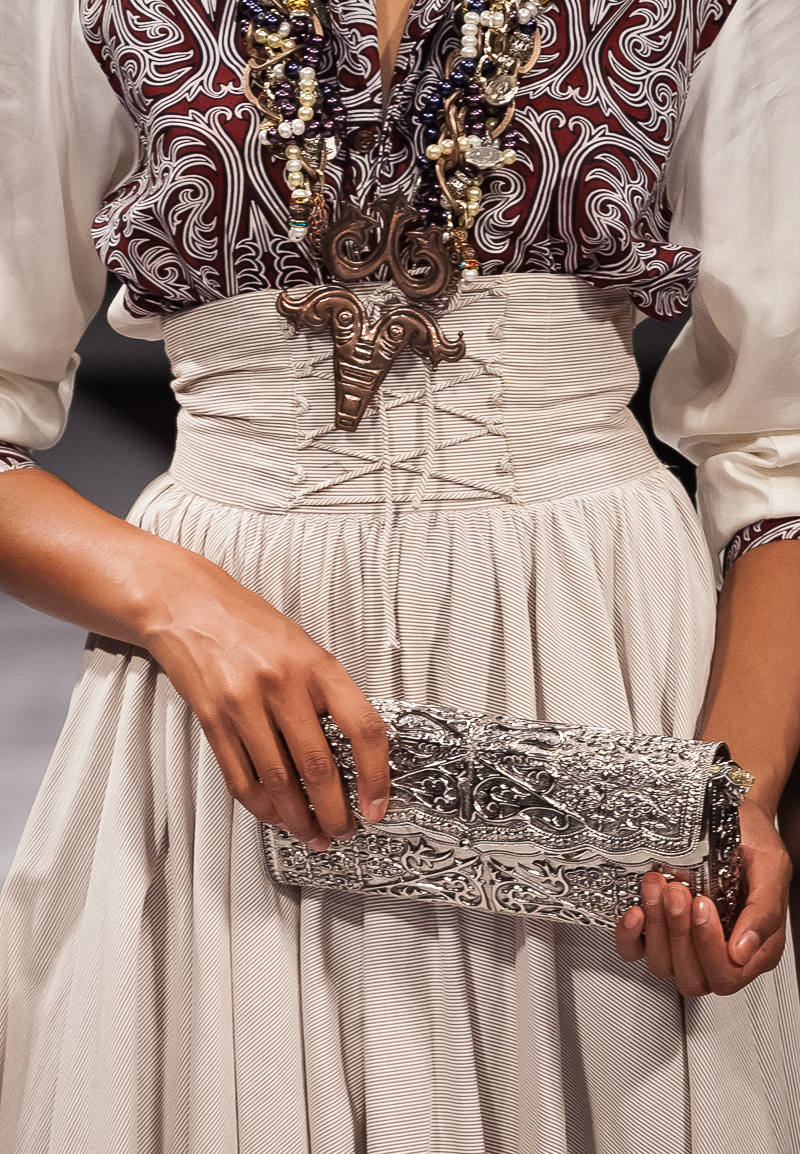
Merdi
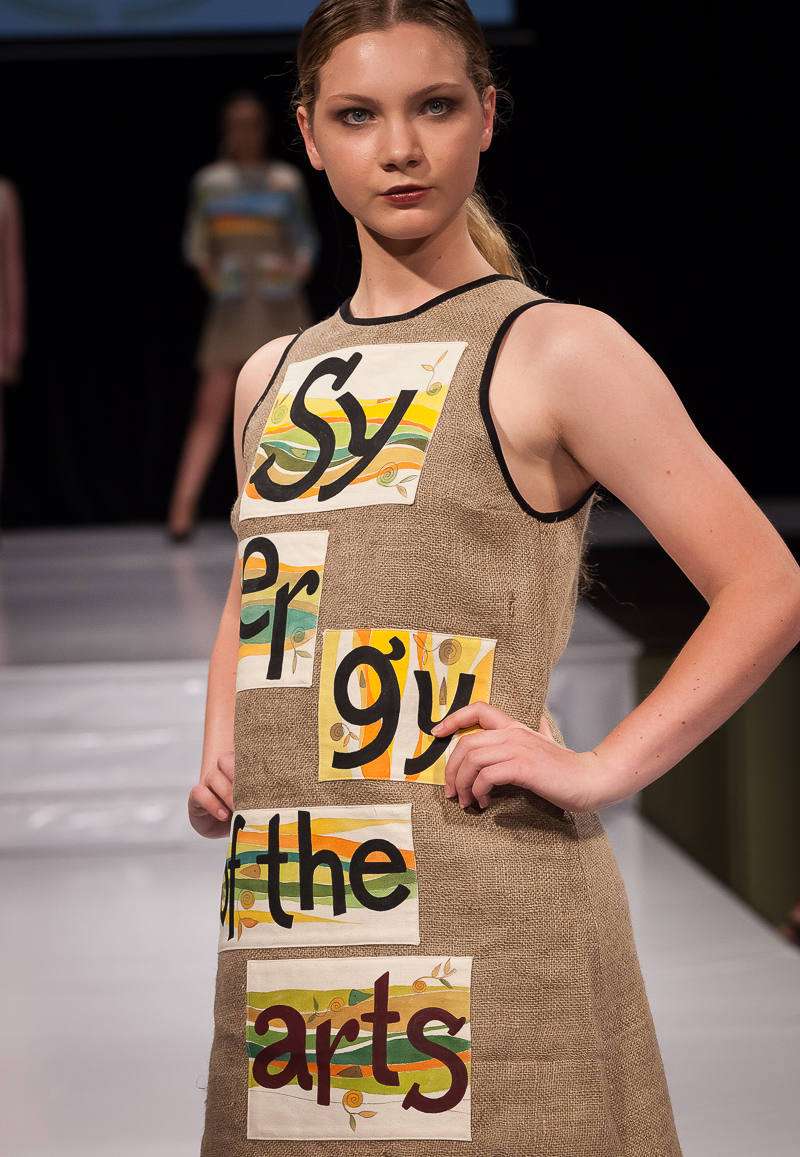
Sylvia Calvo
Being a new event, EFWA is seeking participation from designers from all over the World, those who are leading the way in sustainable fashion in their countries or region. They are still confirming designers for 2018, but for example, Sylvia Calvo (from Spain) will be returning. Francesca Phipps is joining from UK.
“Green Embassy creates her prints with steam cooking vegatables, with handmade Alpaca fibre textiles and pure raw silk. Curtin Springs uses desert grass to make paper and then creates her beautiful jewellery”.
Eco Fashion Week Australia is for everyone. It attracts knowledge seekers, artists, designers, local and international media, businesses and local government. It features design and textile art exhibitions, Mending and repair workshops, Fashion Swap and seminars. Eco fashionistas can expect the same calibre of shows in 2018, as well as the return of the Anita Moon Awards of Excellence, and the ”Style it Green” challenge. EFWA will again present student designer Shows and Awards, collaborating with regional universities.
“Our goal is to ignite and inspire attendees to change their perspective on fashion. To take a good look at who is making their clothing, and be curious as to how it is manufactured” - said Zuhal-Mills.
We are proud to announce we are joining the event in 2018 as EFWA media partner all the way from Germany.

